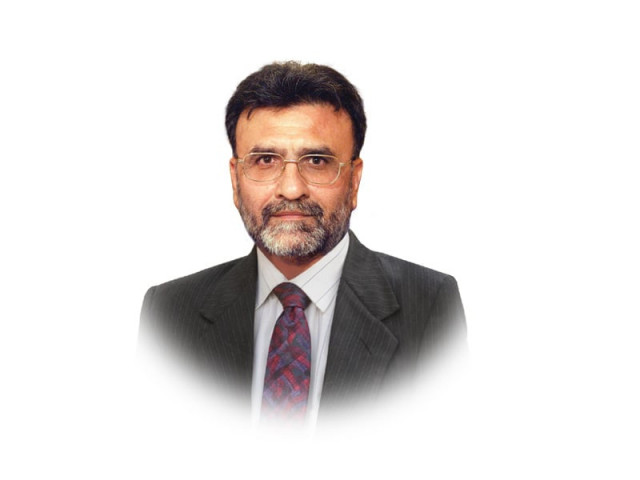New terms of engagement with the US delayed further
Zardari-Gilani government just needed to put its final report before a joint parliamentary sitting before moving on.

After the reckless killing of our soldiers at a remote post on the Pak-Afghan border by Nato warplanes on November 26, 2011, Islamabad had blocked routes to Afghanistan for delivering supplies to foreign troops deputed in that country. The story didn’t end there. A big group of veteran diplomats then also sat for three days to suggest ways to executing a paradigm shift in relations with sole superpower of these days. Their well drafted recommendations were eventually passed on to the parliamentary committee on national security (PCNS).
Headed by a studious and hardworking senator, Raza Rabbani, PCNS has all the credentials of a credible consensus-builder for savouring representations from all parties that have big or small presence in our sovereign parliament. The committee continued deliberating for more than two months and somewhere in the first week of February finished its work by presumably reaching a set of guidelines that should be followed while dealing with the Americans.
The Zardari-Gilani government just needed to put its final report before a joint parliamentary sitting before moving on. For never-explained reasons, however, the government kept delaying. Its dilly-dallying conduct compelled wagging tongues to spread the suspicion that before approaching the Americans for a new kind of relations, the government was waiting for the retirement of General Ahmad Shuja Pasha. I had been dismissing the said theory with contempt, but the decision of summoning a joint parliamentary sitting to discuss the final PCNS report, exactly two days after the change of the ISI command, has begun forcing second thoughts.
Far more absurd then the conspiracy theory appeared the juvenile conduct of parliamentary leaders from both sides. Before reading the voluminous document that his committee had prepared, Raza Rabbani had apparently not shared its contents with leaders of political parties he was building the consensus with for so many weeks.
Little wonder, immediately after his finishing the document-reading, Chaudhry Nisar Ali Khan took the floor. The leader of opposition in the National Assembly, pressed for time to “build consensus within the PML-N and other parties,” over ‘guidelines’ suggested by the PCNS. Not only that, he also desired that political parties, not having any representation in this parliament, should also be asked to provide their input. Demanding this, he didn’t consider another legitimate question as to what was the need of sending nominees to PCNS meetings for exhaustive and secretive deliberations, if its final report required final review by leaders of the same parties. How to take those parties on board that have no representation in this parliament was another issue he never bothered to provide any solution to.
His remarks clearly suggested that he strongly suspected that Zardari-Gilani government had already decided to open routes to Afghanistan for Nato supplies. The terms and possible timeframe for the same had already been negotiated and agreed to, obviously by negotiators who do not sit in this parliament. The joint sitting, Nisar thundered, had only been summoned to rubber-stamp a ‘done deal’. Raza Rabbani and the rest of government representatives got visibly confused with Nisar’s bouncer. Leaving his seat, the prime minister went to Rabbani’s bench to find a way out. Khurshid Shah joined them and finally this friends-to-all from Sukkur returned to his seat to announce that the government had no objections to the idea of waiting for almost another week before summoning parliamentarians to deliver bombastic speeches on the PCNS report. The ever-appeasing Khurshid Shah was also too willing to hold one whole sitting, in camera, to facilitate parliamentarians’ access to a document that the military-led government of General Musharraf had signed with Americans for joining their war on terror. The terms recorded in this document were agreed upon in February 2002 and they remained applicable until early 2012. While promising an in camera session, Khurshid Shah seemed conveniently forgetting that since elected in 2008, this parliament had always been boasting to be functioning in a ‘transparent manner.’ What was so ‘sensitive’ in the document signed in 2002 that he feels so shy to share with the ordinary Joes of Pakistan?
Published in The Express Tribune, March 21st, 2012.



















COMMENTS
Comments are moderated and generally will be posted if they are on-topic and not abusive.
For more information, please see our Comments FAQ